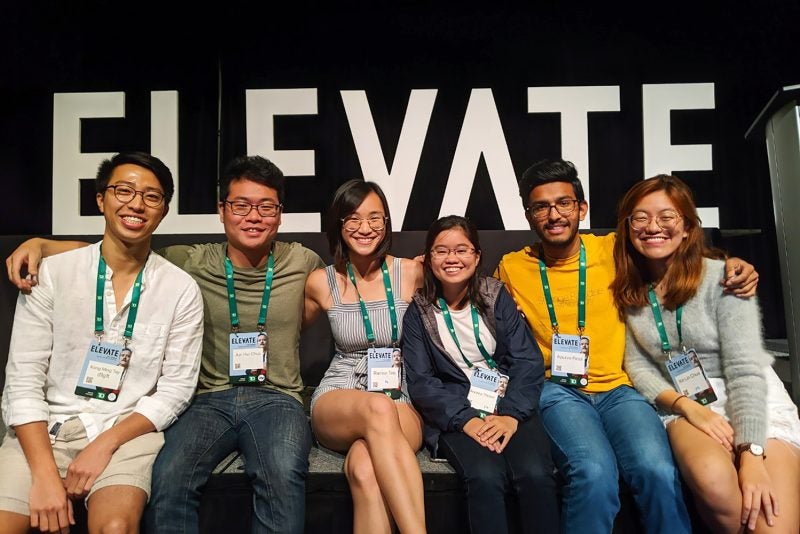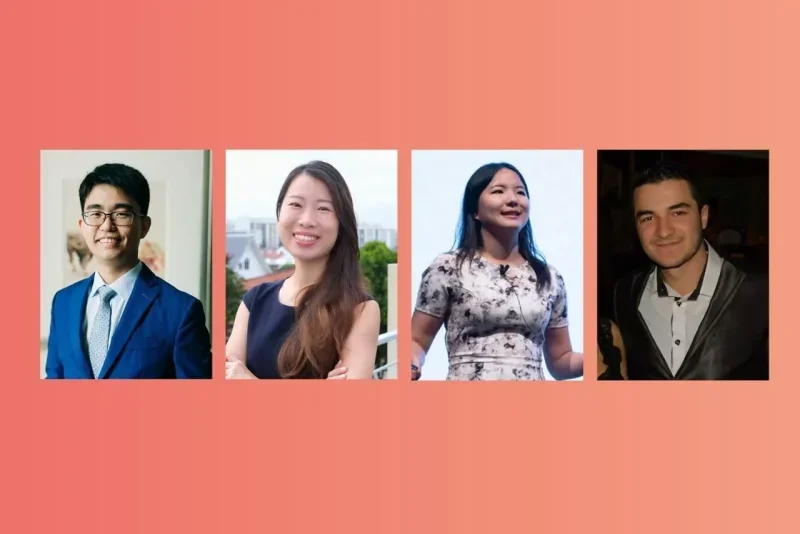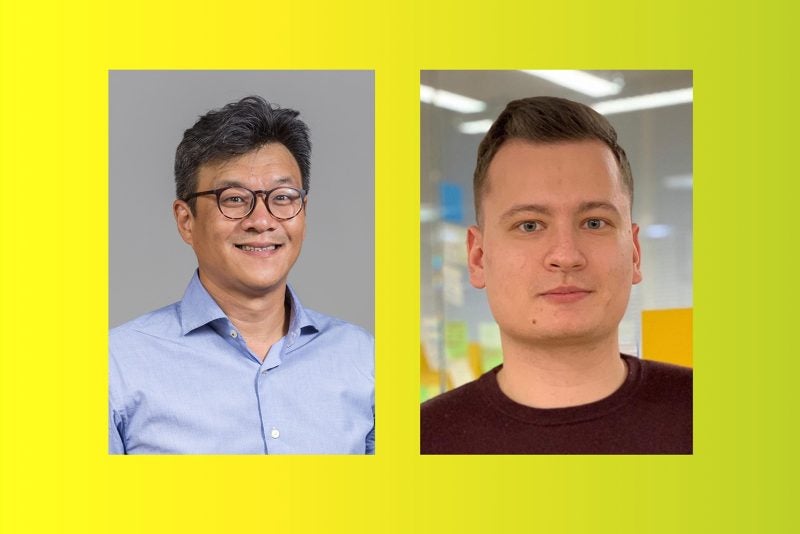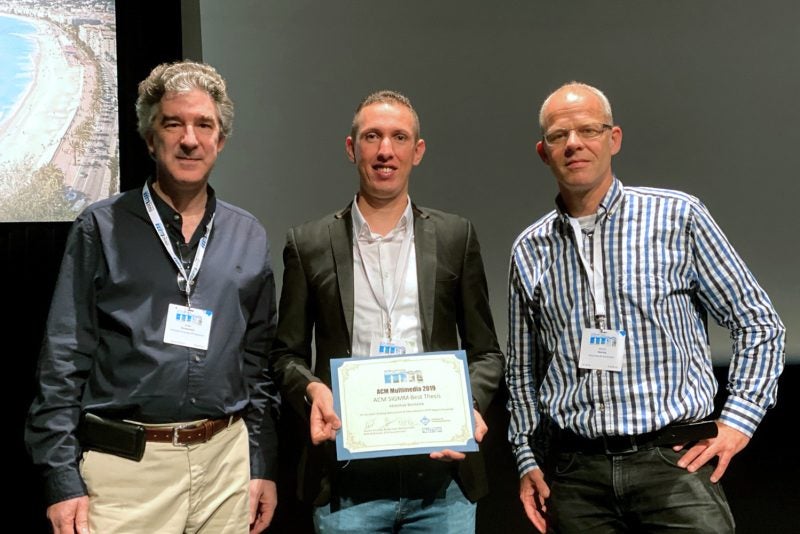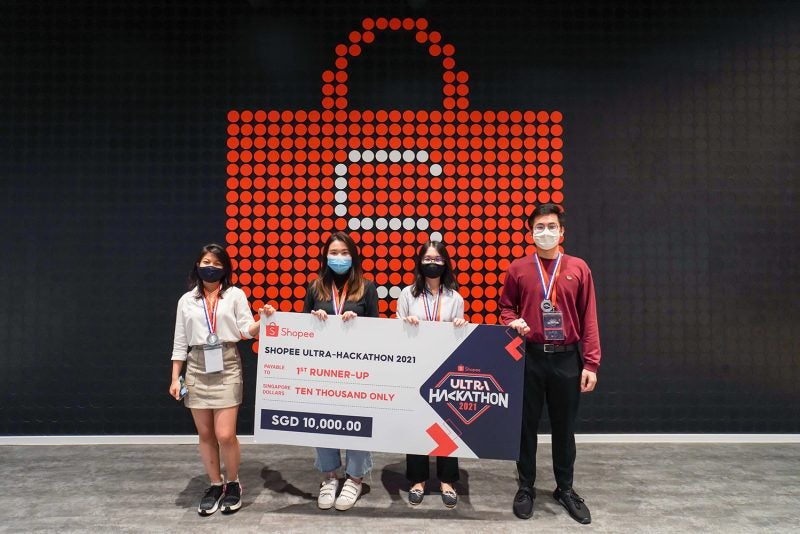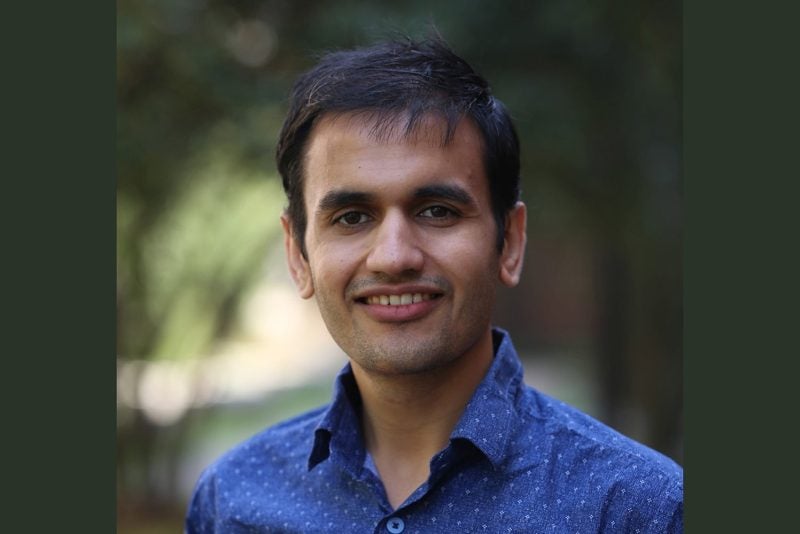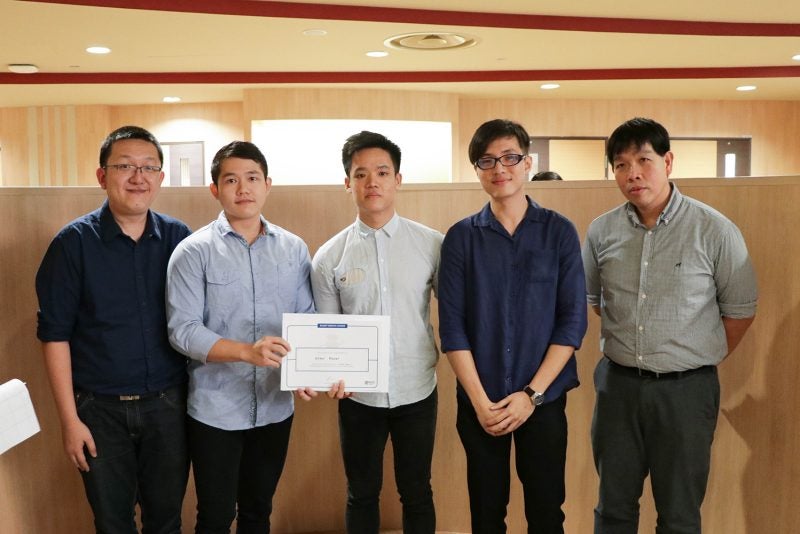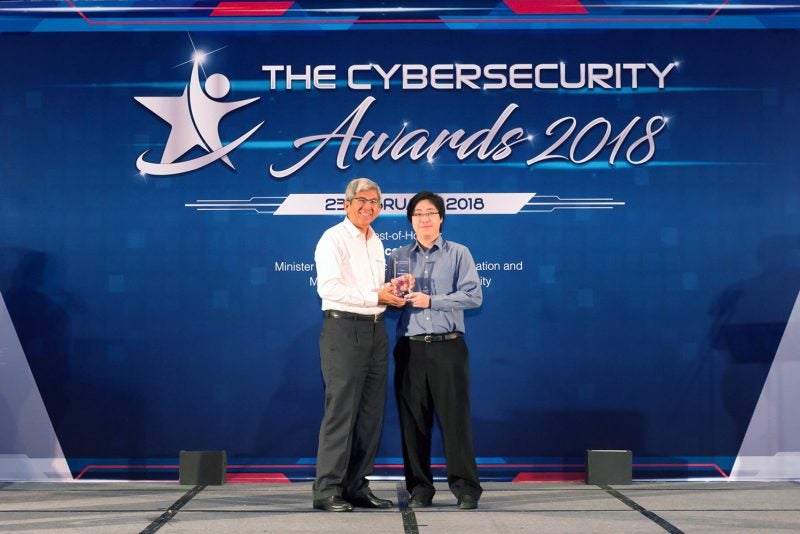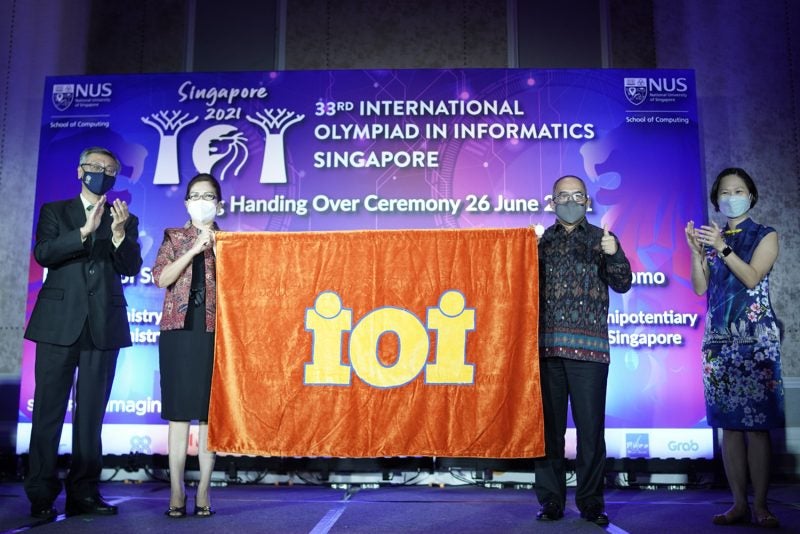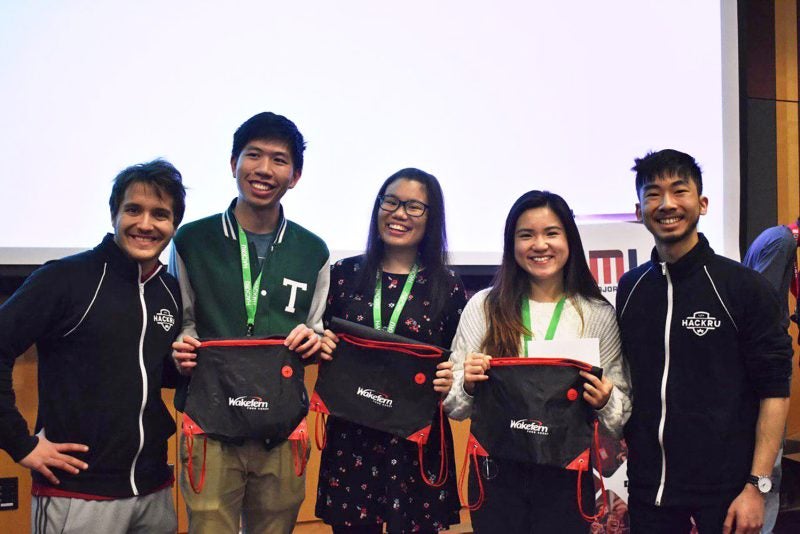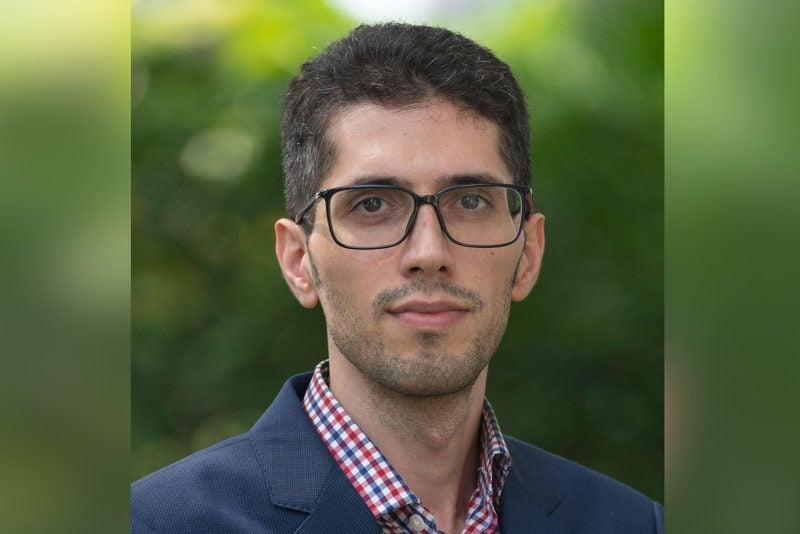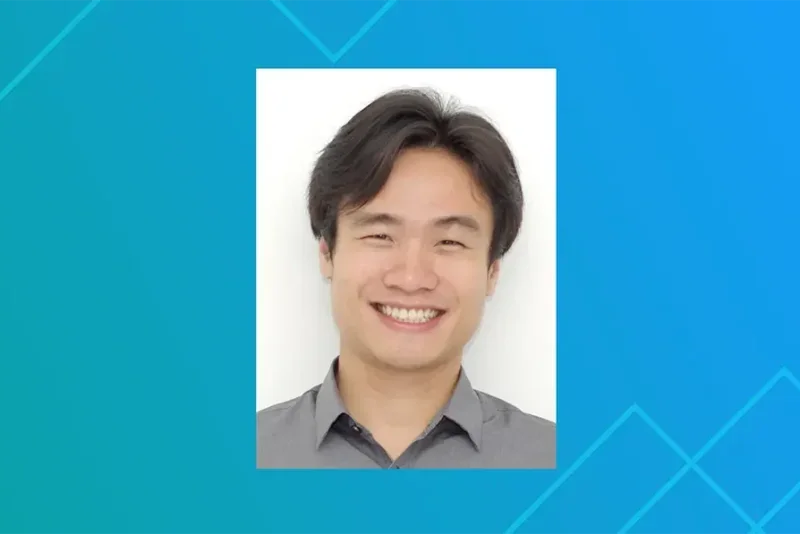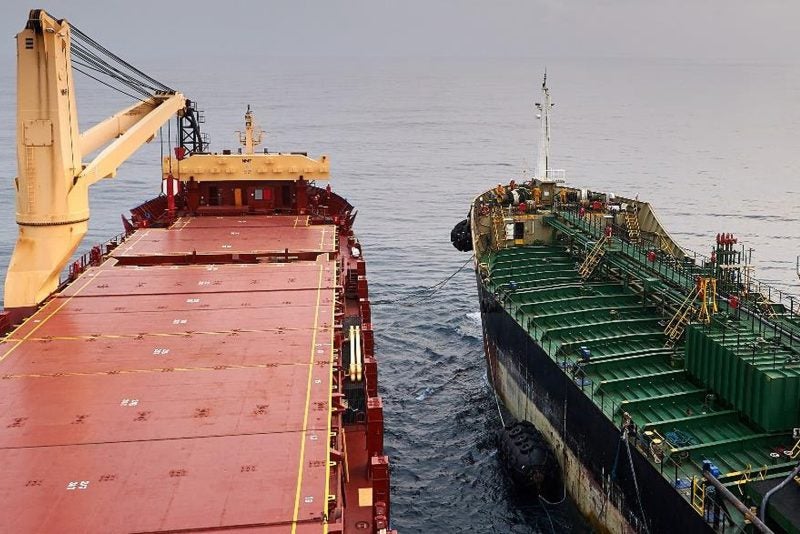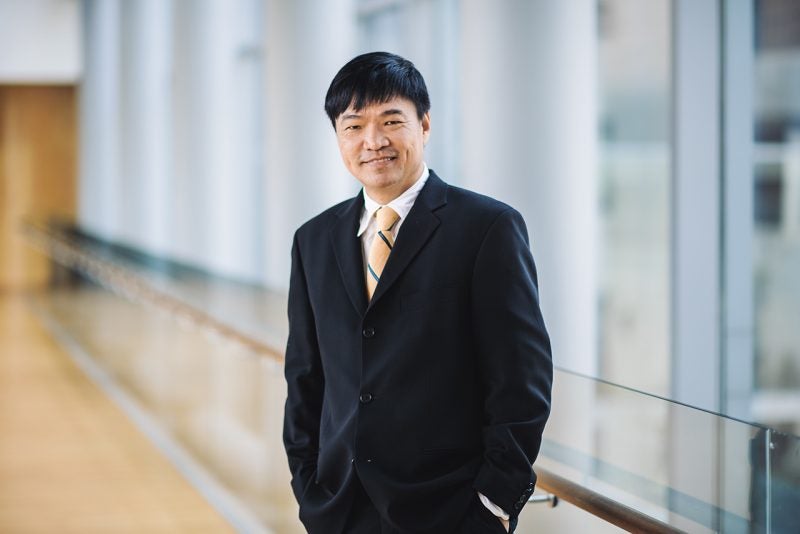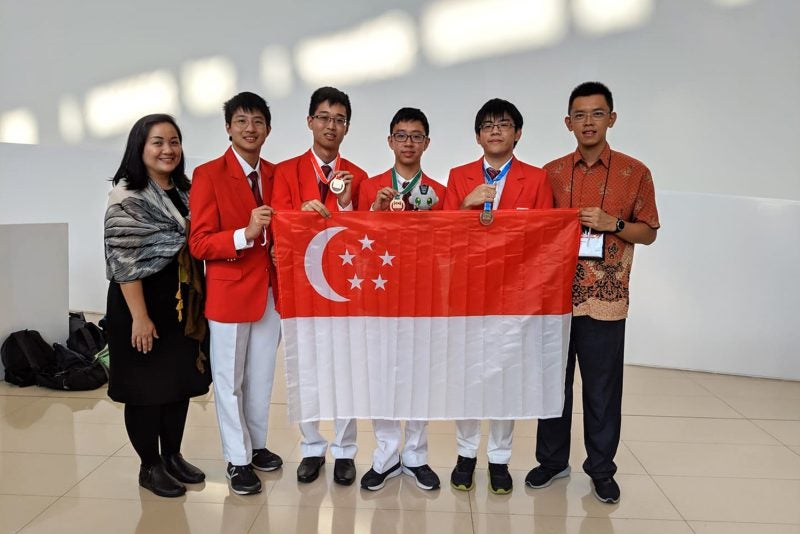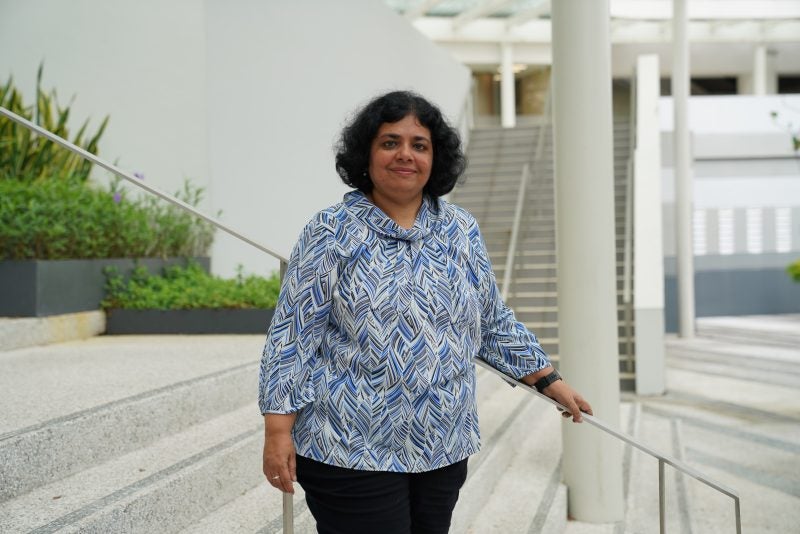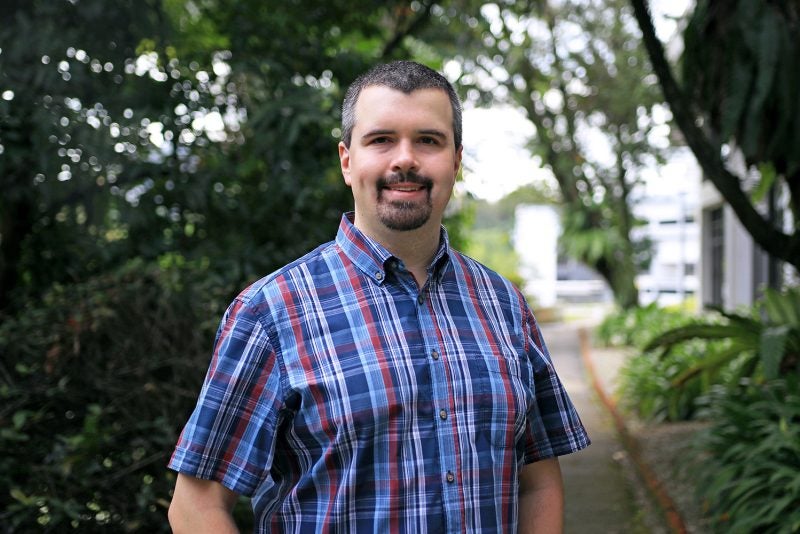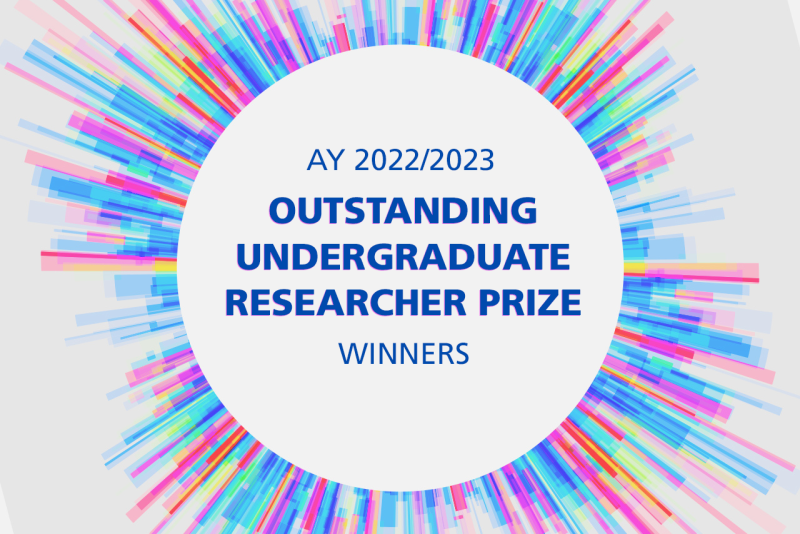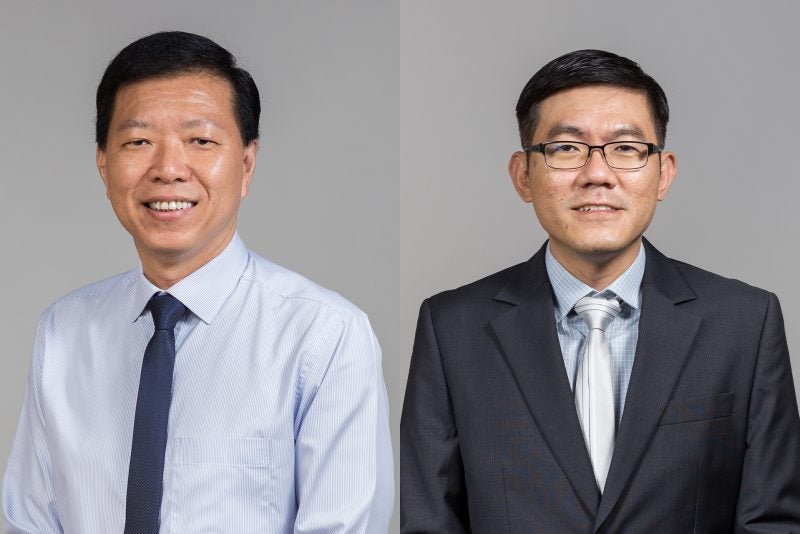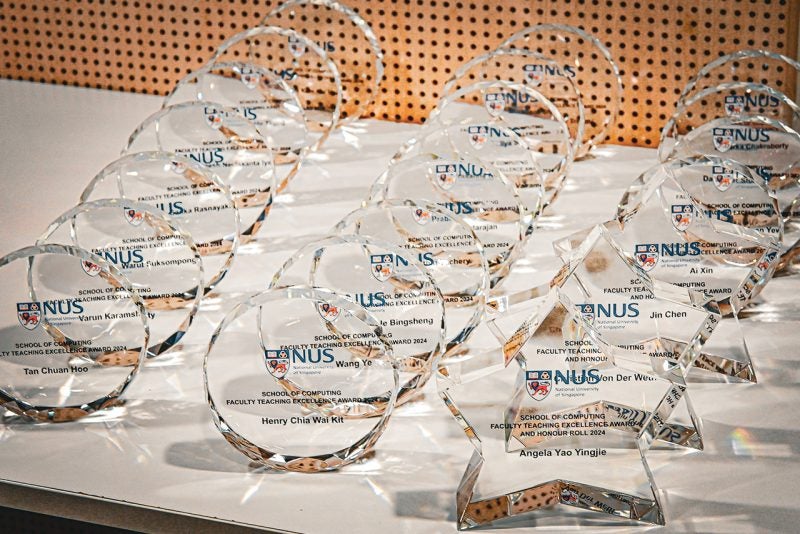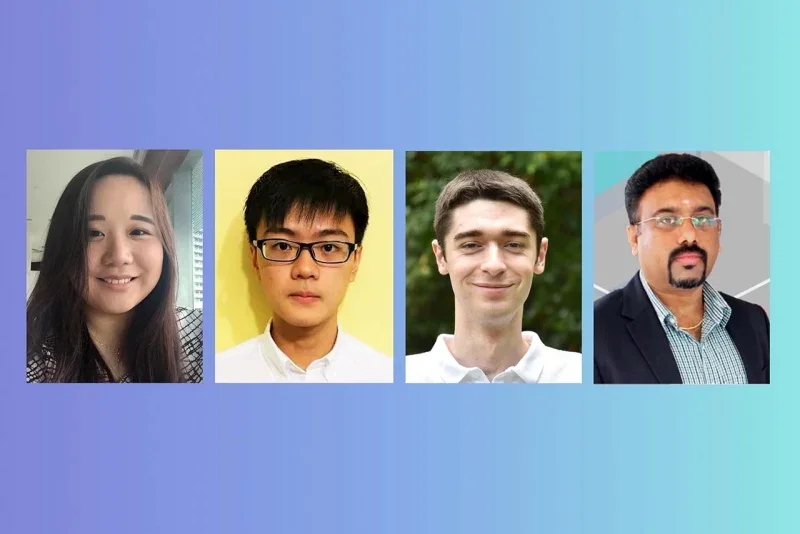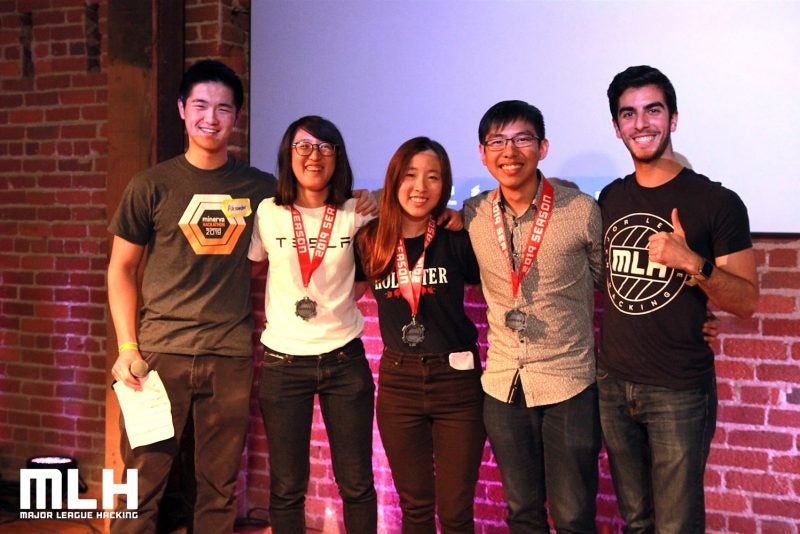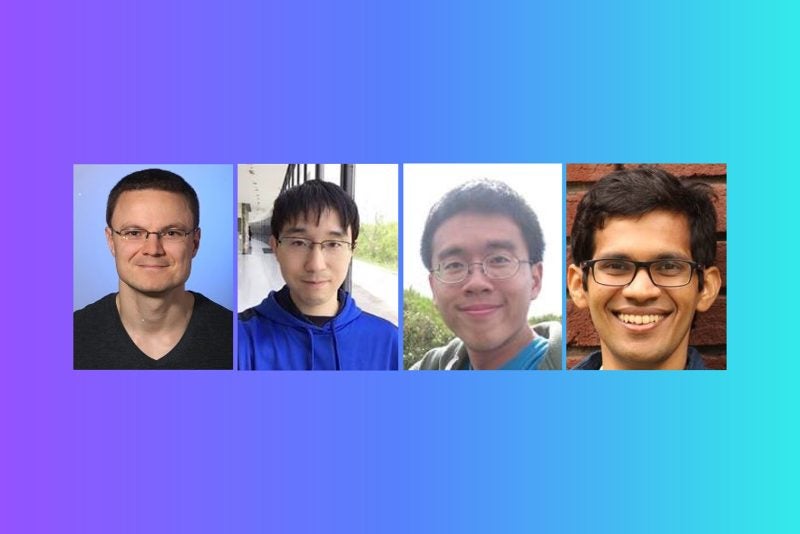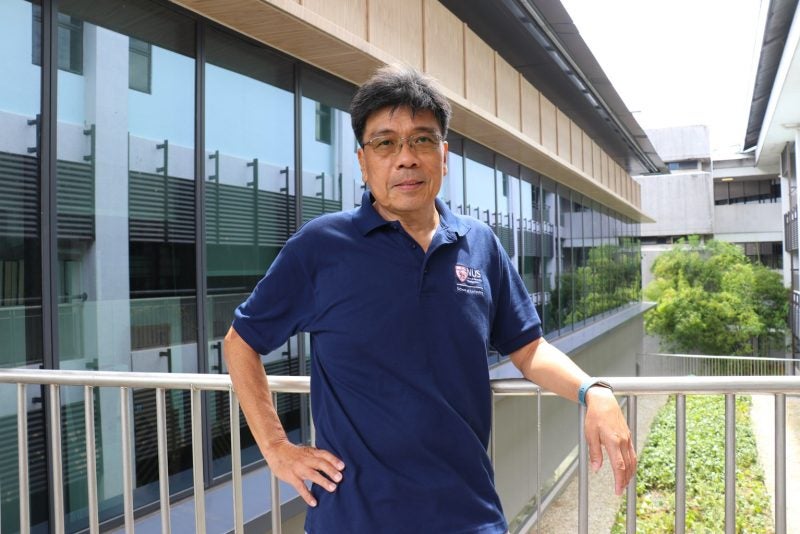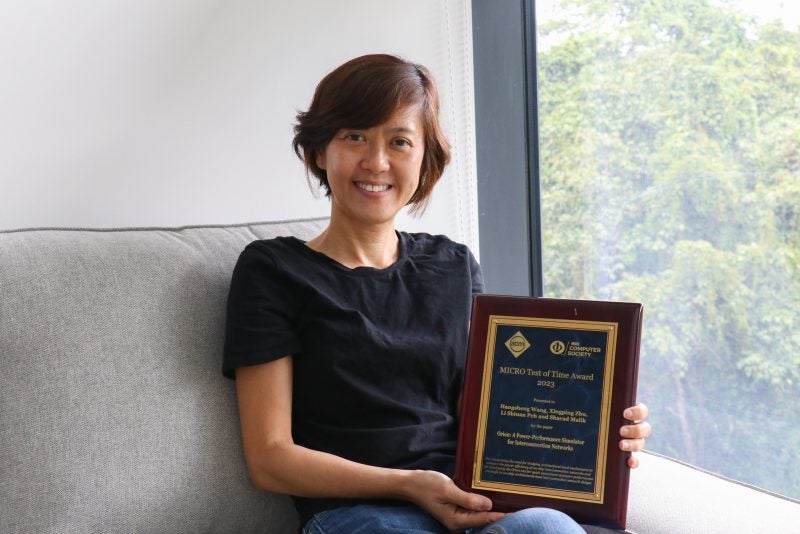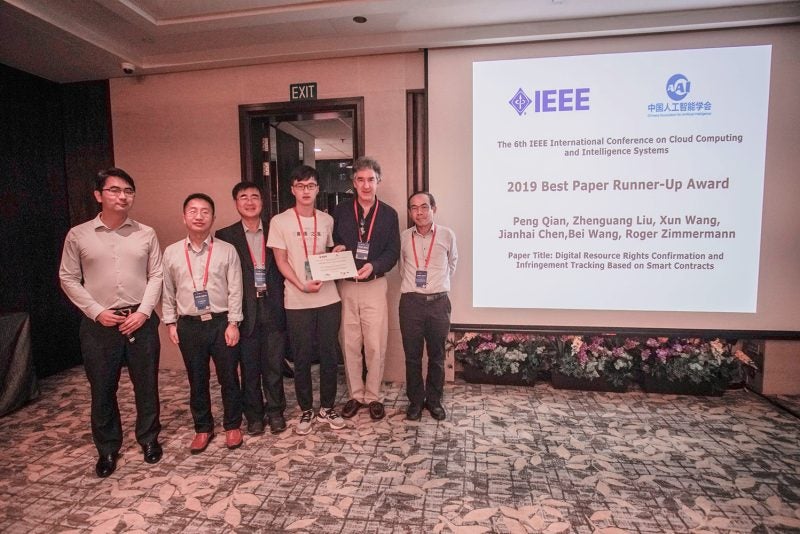12 June 2020 – Second year Business Analytics students Matheus Aaron and Geoffrey Bryan Lion won second place and a S$2,000 cash prize at the PSA unboXed Data Analytics Business Challenge, held from 20 to 27 March this year.
The competition involved analysing transaction datasets of over 10,000 users on PORTNET, a platform that manages all data related to PSA Singapore Terminals, to uncover insights and suggest ways to improve customer experience.
All teams were given seven questions to kick-start their data analyses, and had about 63 hours to complete the challenge. A total of 37 teams competed, with only the top five advancing to the finals.
Matheus, Geoffrey, and their team members Hokiewan Thezeus (NUS Industrial Systems Engineering and Management) and Peter Sidajaya (NUS Physics) developed a case analysis report containing data visualisations modelled using a Markov model, which they believe made their work stand out against the competition.
“The Markov model helped us simplify transaction sequence data, which helped us understand which transactions occur together frequently. The use of models is not explicitly mentioned in the challenge, and we believe that we are one of the few teams who used models for our analysis,” said Matheus.
Having team members from different faculties may have also been an advantage.
“Even though the challenge is about business analytics, the insights from Hokiewan on logistics, and statistical models from Peter certainly made our report more comprehensive,” said Matheus.
Nonetheless, it was a huge challenge for the team to analyse the large volume of data given, as they had to find time to work on it outside of their other commitments.
“To resolve that, we set aside time at night to focus on our work for the challenge,” said Matheus.
To perfect their work, they stayed up till 3:00 am working on it in a study room at NUS Prince George’s Park Residences (before COVID-19 social distancing rules were put in place).
“After submitting our report, we didn’t know whether we did enough to make it to the top five, because there was no scoreboard and we’d never met our competitors physically [as the competition was moved online due to COVID-19],” said Matheus.
The results came as a surprise to the team as they did not expect to win anything in the first place.
“All we knew is that we did our best,” said Matheus.
He added: “I’d like to thank the professors in SoC for teaching us the necessary skills to compete in this challenge — especially Prof Stanley Kok, as without him, I wouldn’t have known about Markov models.”

